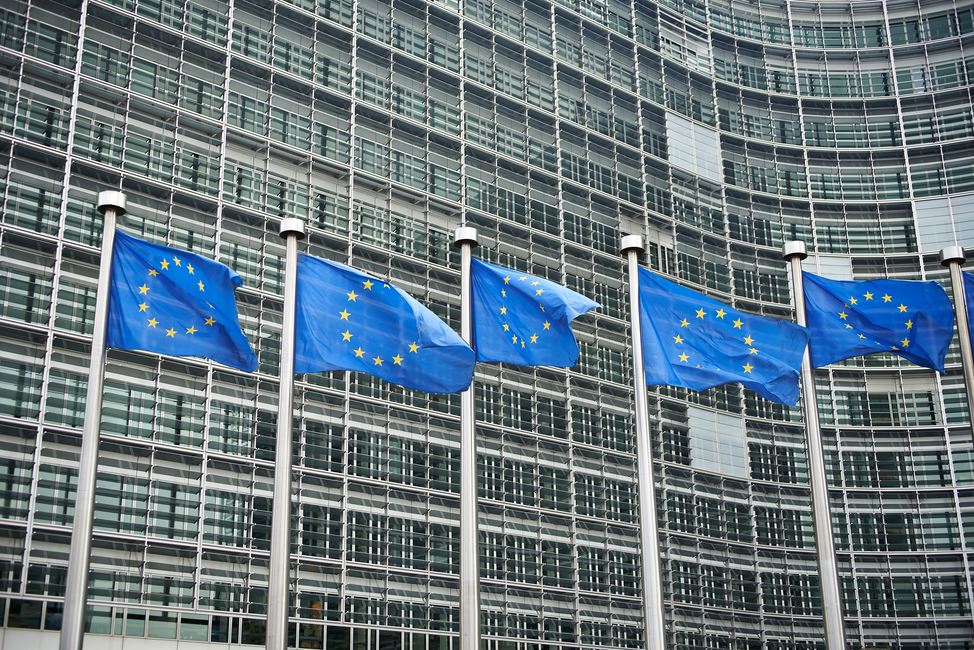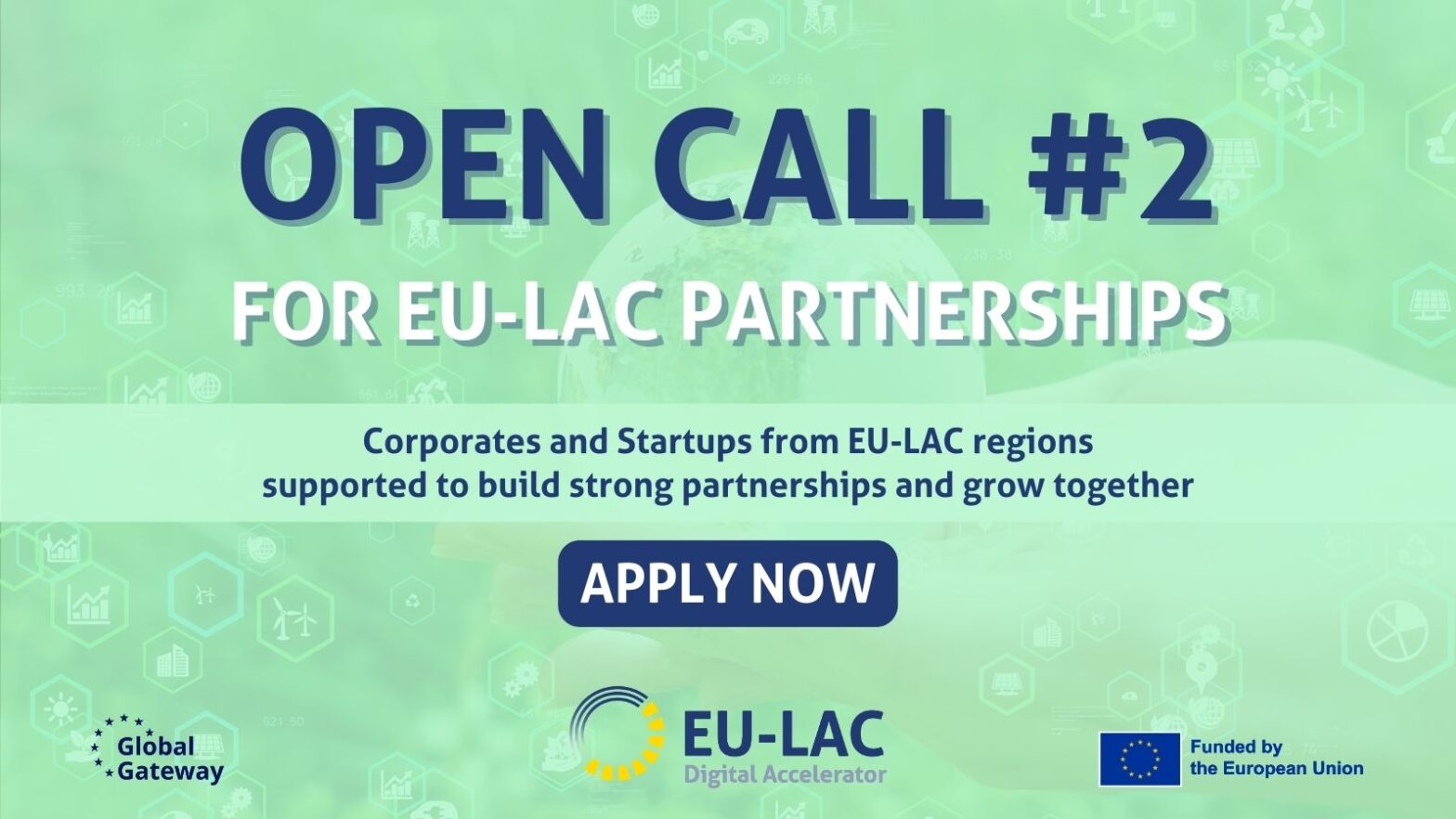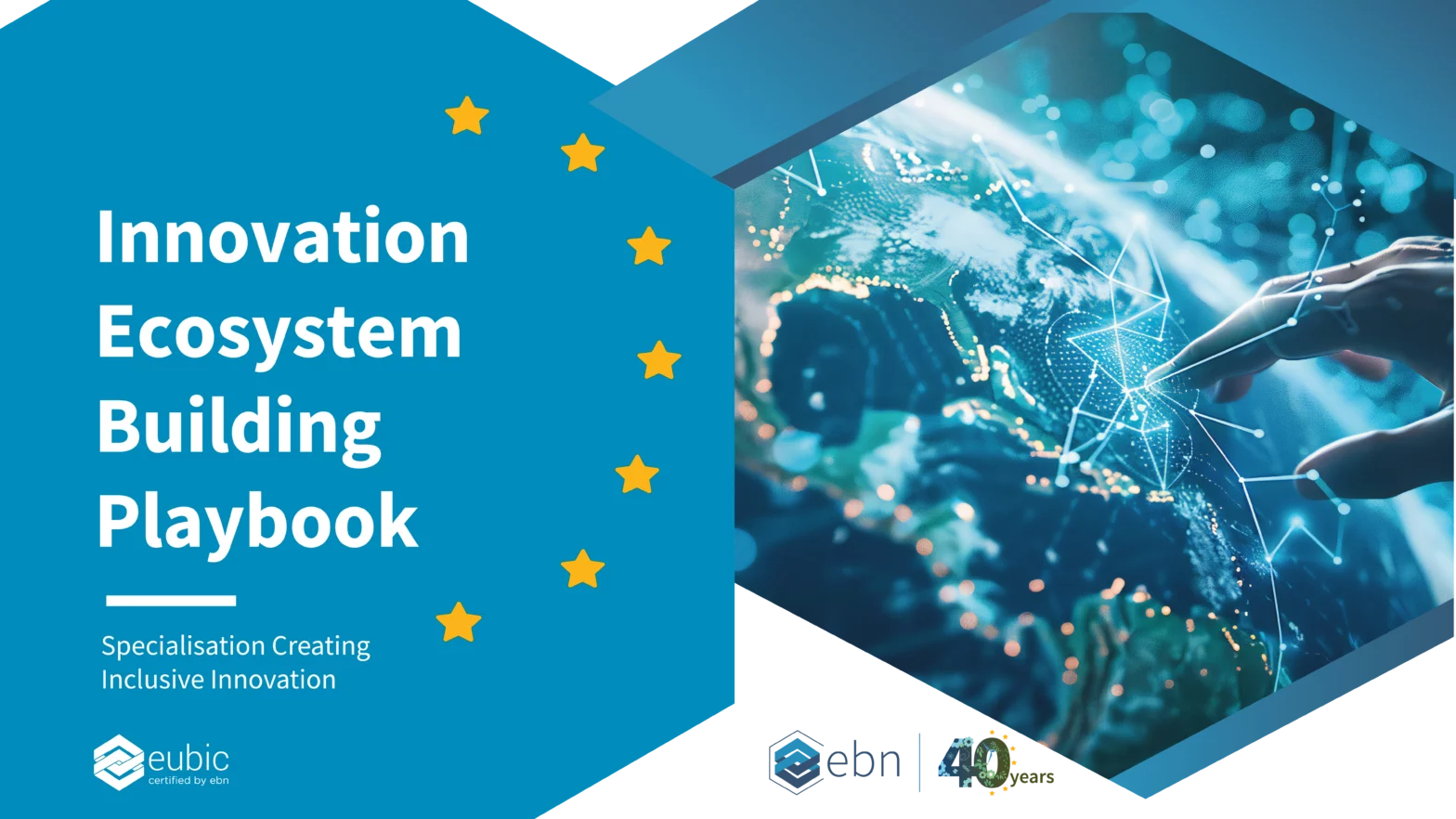European Agenda for Research and Innovation I A short testimonial with Nicola De Michelis

The following text is a quote from the 2022 EU|BIC Impact Report by Nicola De Michelis, Director, European Commission – Directorate-General for Regional and Urban Policy, Deputy Director-General for Implementation and International Relations – Smart and Sustainable Growth and Programme Implementation.
Over the next few years, huge amounts of EU funding will flow into European regions. This is an opportunity, but also a challenge as public and private operators will be confronted with the need to spend this money within a limited time framework.
The pressure to spend may lead to suboptimal utilisation of these resources, distributing them on too many, disconnected projects. It is thus important to keep the direction of travel and ensure that investments do support the modernisation and diversification of regional and local economies.
Smart specialisation strategies are the key organising instrument to support and steer innovation policies under cohesion policy. Over the next few months, the negotiations between the Commission and the Member States and regions on the new cohesion programmes will come to an end.
More than EUR 500 billion are on the table, a large part of it dedicated to innovation and R&D. Smart specialisation strategies are being updated to reflect a rapidly changing environment. It is crucial that all interested actors, including the business associations and its European network, participate actively in this debate to ensure that the new strategies and the new investments are really transformational.
European Agenda
The EU does not regard scientific solutions as an end in themselves. Instead, they are a means of bettering our lives, our communities and our environment. Indeed, people are at the heart of the European agenda for research and innovation.
EU Missions are a new way to bring concrete solutions to some of our greatest challenges. They have ambitious goals and will deliver concrete results by 2030. They will deliver impact by putting research and innovation into a new role, combined with new forms of governance and collaboration, as well as by engaging citizens. EU Missions are a novelty of the Horizon Europe research and innovation programme for the years 2021- 2027.
Making citizens’ engagement a key element, the EU Missions have the potential to mobilize European citizens and entrepreneurs around common goals-offering a multitude of opportunities to participate in change. EU Missions operate from the paradigm that ‘’opening science and innovation to civil society advances human knowledge and accelerates the transformation of our communities towards more sustainable and resilient practices.’’ – European Commission, ‘EU Mission: Adaptation to Climate Change’ and ‘EU Missions & citizen engagement activities’ (2022)






